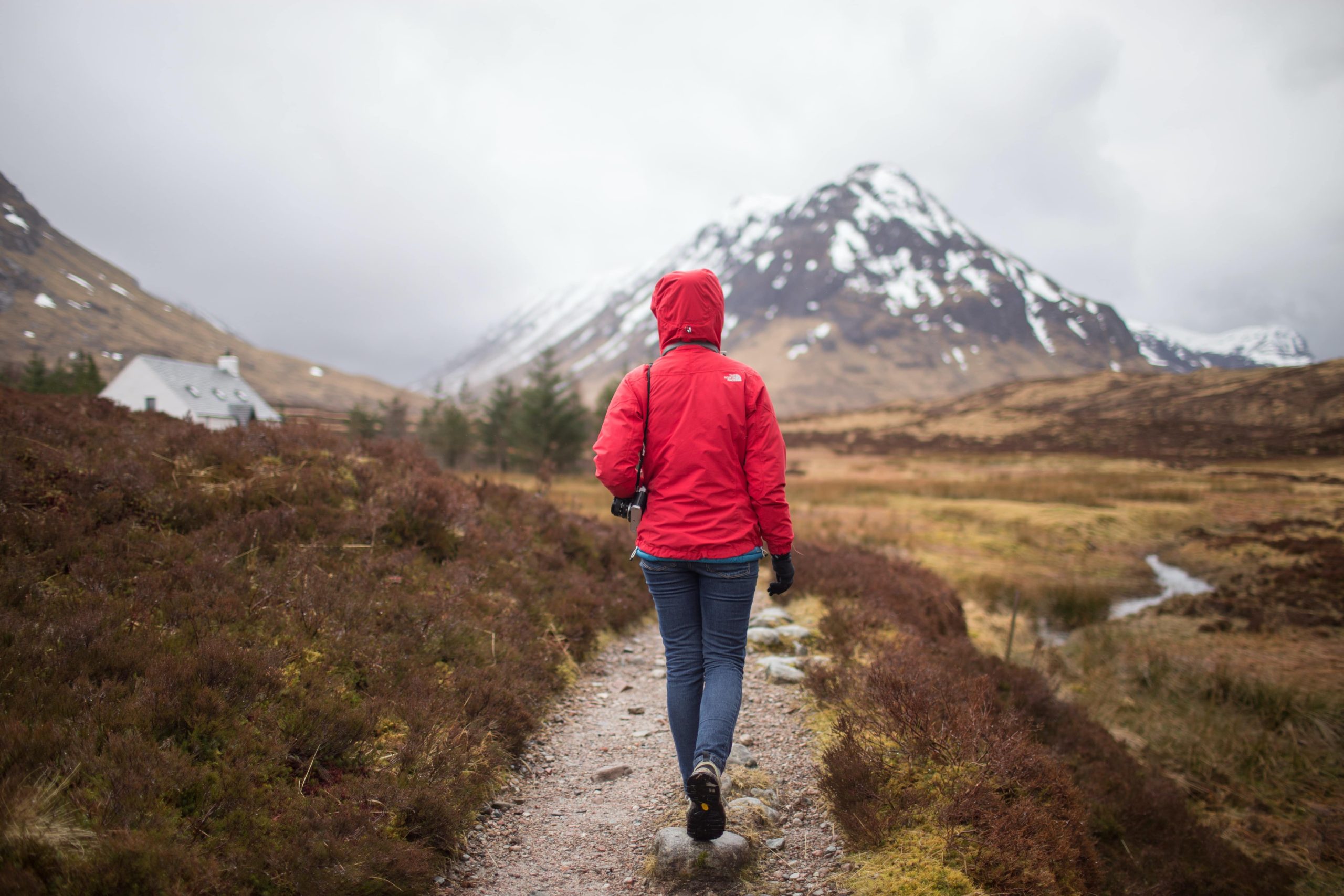The task of building a better tourism model is all-encompassing. It’s an all-hands-on-deck exercise to examine and rethink capacity building, business development, product and service offerings, supply chains, destination management, marketing and communications, customer engagement, pricing, and community and industry partnerships.
Uncovering, shaping, and implementing strategies that embrace a flourishing vision for tourism requires more than technical skill, though. Tackling logistics will only nudge the tourism industry so far.
Innovation can seed a framework that is resilient, and appropriately and respectfully balance profit, people, and the planet. To realize that vision, though, there are a number of intangible characteristics that everyone across the tourism industry should sharpen — regardless of their job title.
Humility
Sometimes the truth hurts. And the truth is that the way the tourism industry has operated over the last several decades has caused a lot of harm to people, places, and the planet.
This isn’t just a “tourism thing” though. In general, society has been washed up in a wave of consumerism, extraction, distraction, exploitation, and individualism that has ripped it away from its core capacity of listening to and living in harmony with the natural world.
It’s time to stop slapping bandages on top of problems and calling them “solutions.” Instead, we need to admit when we’ve done wrong, let go of the power grab, and consider new ways of approaching the world and our work. This requires being open to Indigenous wisdom, radical disruption, and the fact that we may not have the answers, but that’s okay.
Curiosity
The world is constantly evolving around us. Our perception of the world at this moment must evolve with it if we are going to learn and adapt accordingly. We can not remain static, believing we’ve reached the end of all there is to know.
As children, we had an innate sense of curiosity. We sought to understand the world’s complexity through our five senses. We asked “why?,” and when we weren’t satisfied with the answer, we asked “why?” again.
Take a queue from the kids and embrace this sense of curiosity in your work. There is no rule that says we have to do what we’ve always done. And, if there is a rule, perhaps it’s time to ask why that’s the case.
Stillness
If you’re like most people, your work day is jammed from beginning to end with tasks and to-do lists. Let’s be real: There is never an end to that list. There is always something else that needs to be done right away so that you can keep chugging toward the non-existent finish line.
This is my invitation to you: Stop. Be still for a moment. Be still for longer than a moment. Intentionally create and embrace space, in all senses of the word.
We do not have to fill every minute with action, and we do not have to fill every silence with sound. It’s in stillness between all the activity — in the silence between the comments — that ideas surface, creativity has time to unfold, our reflections provide clarity, and deeper connections have an opportunity to grow.
Empathy
Perhaps there’s always been a growing wave of individualism and entitlement, and perhaps it’s become more visible because of social media. Regardless, many people seem insistent on separating themselves from each other rather than leaning into the possibilities that arise when working together and learning from each other.
Approximately 7.8 billion people live on Earth. Our differences are defined in spoken languages, geographical locations, cultural traditions, life goals, and lived experiences. But at the end of the day, we have more in common than we might realize. We want to feel safe and provide for our families. We want to be listened to and understood. We want our children to grow up healthy and happy.
Establishing our needs and desires within the tourism context, we may not take the time to consider how these reflect upon or affect others’ needs, desires, expectations, or experiences. In order to develop an ecosystem that works for everyone, we need to sharpen our sense of empathy, consider others’ circumstances, and think about how our decisions have a collective impact.
Hope
The world can feel incredibly overwhelming and chaotic. Falling into a loop of negativity and focusing on problems can lead to disengagement from addressing the challenges we face as a human race. It is easy to slide into a fatalistic spiral and resign ourselves to defeat.
This does not mean we should blissfully skate through the world. Author Jodie Jackson notes that “hope does not require us to ignore negative possibilities. Rather, it requires that we do not ignore positive possibilities.”
Hope is an emotional coping mechanism born from a desire for and belief that an aspirational and improved future can be created. Having hope is essential to defeating those feelings of doom and fatalism brought on by a problem-focused loop. Hope is what gets us out of bed in the morning, keeps our focus on the future, and helps us tackle the challenges we face, even if they feel insurmountable.



